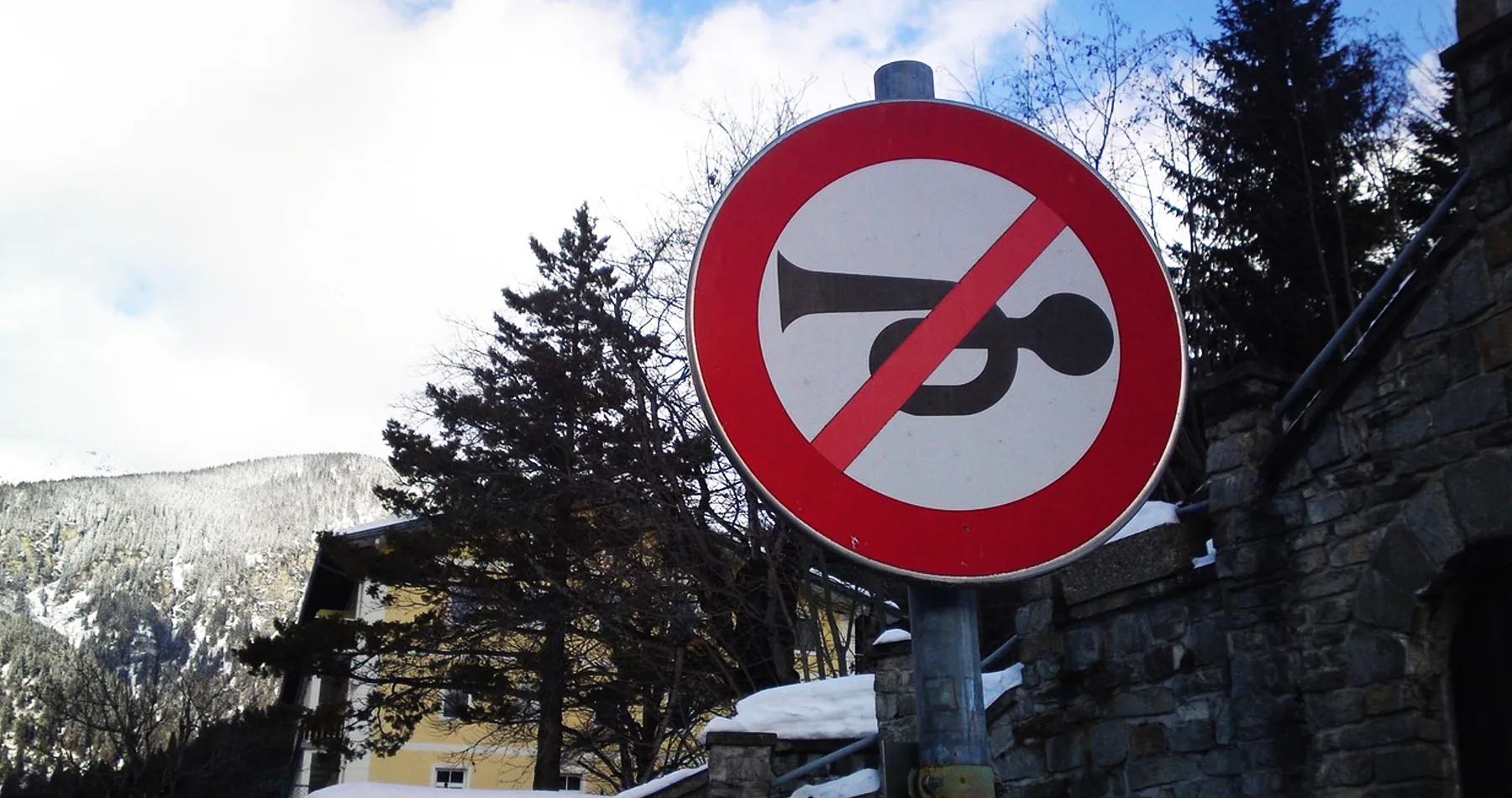Introduction:
Noise pollution is frequently overlooked in the midst of concerns about various types of pollution. Unnecessary and excessive honking, on the other hand, contributes significantly to this type of pollution, harming both the environment and our well-being. Understanding when to honk and when not to is not only a matter of etiquette, but it is also a critical step in reducing noise pollution. This article emphasizes the importance of responsible honking and the laws governing horn usage in order to promote safer and quieter roadways.
Unnecessary Honking:
At traffic junctions, it’s a common sight to witness unnecessary honking, where vehicles impatiently blare their horns while waiting for signals to change. Even in situations where overtaking is impossible, some drivers engage in needless honking. However, a vehicle’s horn is not a limitless resource like fuel; it should be used judiciously.
Global Efforts against Noise Pollution:
To address the alarming issue of noise pollution, initiatives such as No Honking Day and No Horn Day are observed worldwide. These events aim to raise awareness about the negative impact of excessive honking on the environment and overall quality of life. Recognizing that noise pollution poses a serious threat, such days are organized to educate individuals about responsible honking practices.
Read More: Traffic Rules in India
Motor Vehicles Act and Horn Usage Regulations:
Under Section 194F of the Motor Vehicles Act, sounding the horn unnecessarily, continuously, or excessively is considered an offense. This includes honking in areas marked with “No Horn” signs. Violating these regulations can result in a fine of Rs 1000 for the initial offense, which increases to Rs 2000 for subsequent offenses. Additionally, Section 190(2) of the Act enforces a fine of Rs 2000 for the first offense and Rs 10000 for repeated offenses for equipping vehicles with excessive noise-producing devices like air horns and multi-tone horns.
When to Sound Your Horn?
Risk of Danger: Use your horn only when there is a legitimate risk to the safety of other road users or yourself. Honking can serve as a warning signal in situations where immediate attention is necessary.
Permissible Noise Levels: Vehicles are expected to operate within a permissible noise range of 80 decibels (dB) to 96 dB. Staying within these limits ensures that your vehicle’s horn contributes to road safety without causing unnecessary noise pollution.
Conclusion:
Understanding when to use your vehicle’s horn is a critical component of safe driving. Unnecessary and excessive honking not only contributes to noise pollution but also disturbs the peace and quiet of our surroundings. You can contribute to quieter and safer roadways by following the regulations outlined in the Motor Vehicles Act and using your horn solely for safety purposes. Let us celebrate No Honking Day and No Horn Day not just on designated days, but every day by using our horns thoughtfully. We can reduce noise pollution and make our roads more pleasant for everyone if we work together.
Also Read,
- Pickup price 2021
- Mahindra Thar on road price in Kerala
- XUV 300 on road price in India
- Mahindra XUV 700 on road price in Kerala
- Mahindra XUV700
- 2022 Maruti Suzuki Brezza
- Alto 800 Price in Kerala
- Alto K10 2022 | Alto K10 2022 model price
- Ignis price in India in 2022
- Alto 800 price in India
- Eco price in India
- Ertiga price
- Swift price On road in India
- Vitara Brezza
- Maruti Suzuki Wagon R price in India
- New Celerio 2021
- Swift Price in Kerala
- Vitara Brezza with price
- Wagon R Price in Kerala
- MINI COOPER SE
- MG Astor-
- MG Hector price in Kerala
- Nissan Pathfinder 2022
- Renault Triber review
- Most expensive Rolls Royce
- S cross price in India
- Skoda Kodiaq
- Super Cars worth waiting for
- Nexon Price in Kerala
- TATA Harrier on-road price in Kerala
- Tata Upcoming Cars
- Tiago Price in Kerala
- 2021 tesla model 3 standard range
- Fortuner Top Model Price in India
- Innova Crysta price in India
- Innova Crysta Price in Kerala
- Price for Toyota Yaris 2021
- Toyota Urban cruiser price in India
- Polo on road price in Kerala
